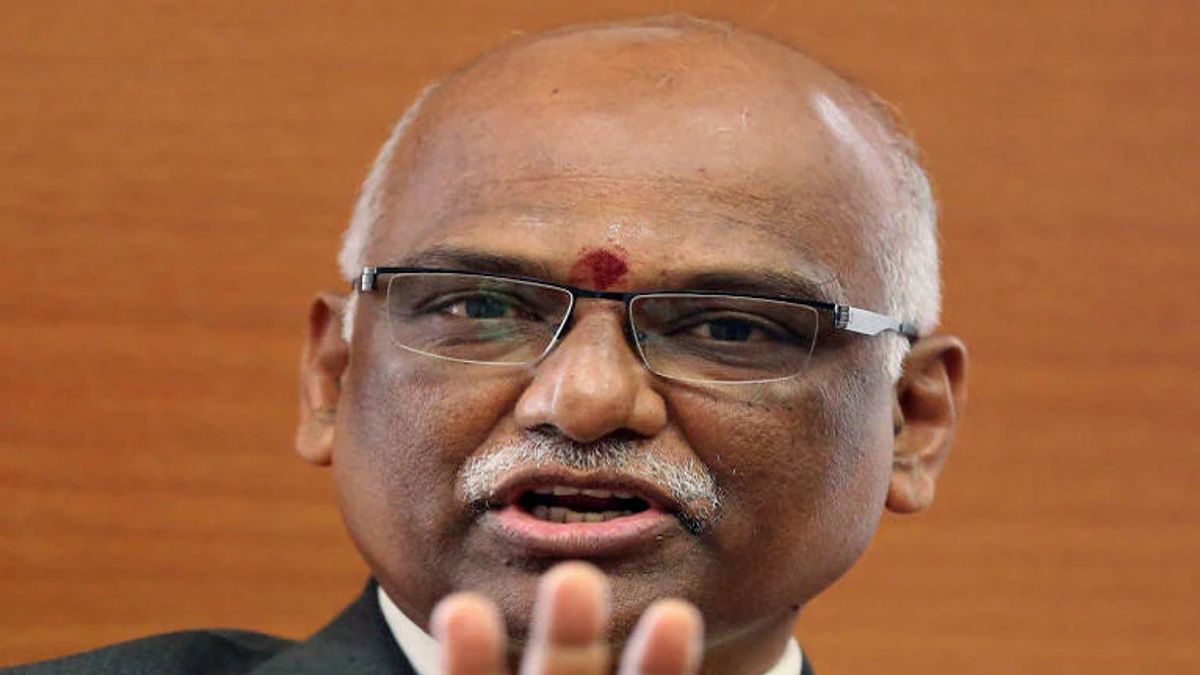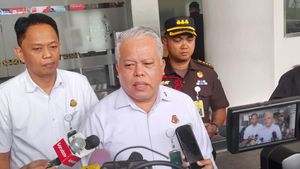JAKARTA - The former Deputy Governor of the Reserve Bank of India (Central Bank of India) has spoken about the national financial and crypto ecosystem and stated that the digital asset needs to be accepted by the state.
Speaking at the inaugural HODL '21 virtual conference hosted by the Blockchain and Crypto Assets Council (BACC) of the Internet and Mobile Association of India (IAMAI) on 7 September, Rama Subramaniam Gandhi said that cryptocurrencies could be used for payments for economic activities but he saw them more of an asset class.
The regulatory situation in India remains unclear with laws still being considered by politicians. Earlier this month, the government announced that it was working on a bill to define cryptocurrencies as commodities on which they could be taxed. If legalized, it would not allow them to be used for payments, but traded and invested as assets.
The central bank banned all commercial banks from allowing their customers to make transactions related to cryptocurrencies in 2018. However, the decision was overturned by the Supreme Court in February 2020.
Gandhi, who served at the central bank from 2014 to 2017, argues that cryptocurrencies need to be treated as assets or commodities and taxed accordingly. Developing a regulatory framework and treating it as such will enable Indians to invest and hold digital assets. If assets have been mined instead of purchased, they should be subject to capital gains tax, he added.
“Cryptocurrencies must be paid for through normal payment channels. Otherwise, it should be considered mined, and capital gains tax should be levied. It's like voluntary disclosure," Gandhi said.
The former central banker argues that cryptocurrencies will be used for evil if there is no regulation or oversight from the government. He said transactions could be tracked through a central repository to facilitate trade and prevent illegal use.
Gandhi stated that governments should be open-minded to economic transactions involving cryptocurrencies, but warned about the anonymity features that some blockchains have, adding that the public must abide by the compliance rules set by the state.
“A country will always want to give freedom to its citizens in terms of economic transactions. It imposes contractual obligations and income and profit taxes. So, every economic activity must accept these kinds of things,” concluded Gandi.
The English, Chinese, Japanese, Arabic, and French versions are automatically generated by the AI. So there may still be inaccuracies in translating, please always see Indonesian as our main language. (system supported by DigitalSiber.id)













